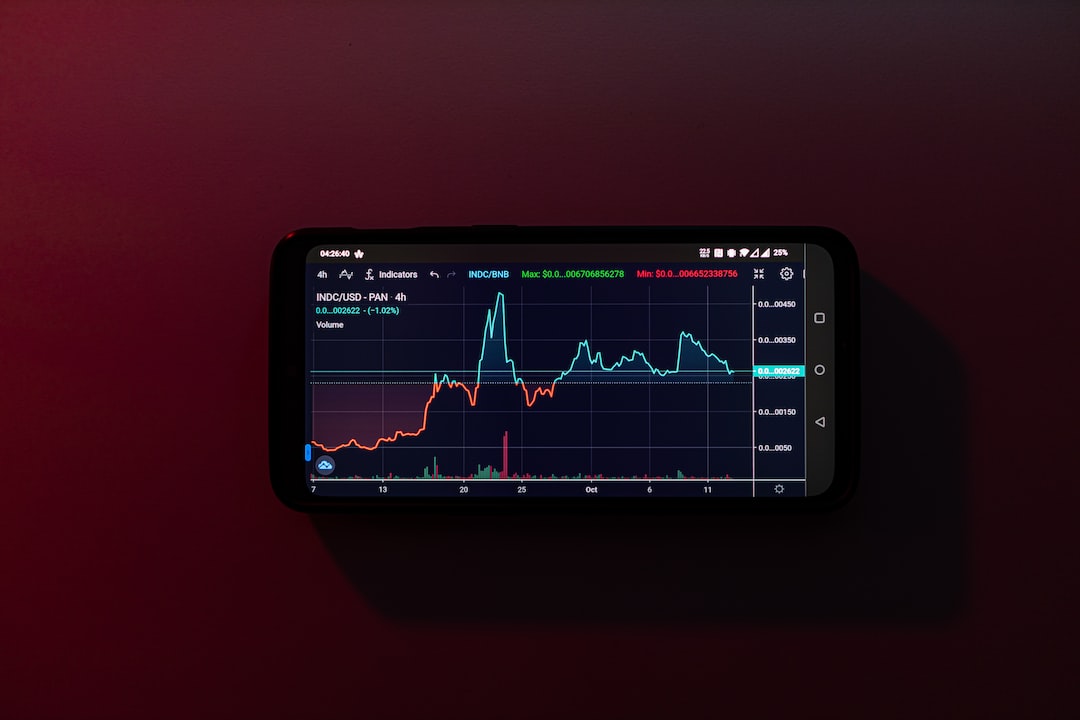Huobi Korea to Close Services on Jan. 29
Huobi Korea, the South Korean exchange that was originally the Korean arm of global exchange HTX, has announced that it will be closing its services on January 29. The company cited a difficult “business environment” as the reason for the closure. Despite the shutdown, users will still be able to withdraw funds from the exchange. Huobi Korea cut ties with HTX in January 2023.
Other South Korean Exchanges Closing Down
Following the closure announcements of smaller South Korean exchanges Cashierest and Coinbit in November, Huobi Korea’s shutdown is another blow to the local cryptocurrency industry. Additionally, CoreDAX has suspended trading services and reportedly delayed wages for several months. The top five performing exchanges in South Korea – Upbit, Bithumb, Coinone, Korbit, and Gopax – dominate 99.6% of the total crypto trade volume in the country.
Strict Regulations for South Korean Exchanges
South Korea has strict standards for local crypto exchanges. A 2021 amendment to the financial reporting law requires exchanges to have a partnership agreement with a local bank to offer fiat-to-crypto services. Failure to secure a bank partnership limits exchanges to offering only crypto-to-crypto trades. According to a report from the Financial Services Commission (FSC), 10 out of 21 exchanges with limited product offers made no revenue in crypto transaction fees in the first half of 2023.
Upcoming Virtual Asset Investor Protection Act
In July of this year, South Korea is expected to enact the “Virtual Asset Investor Protection Act,” which will impose additional responsibilities on exchanges for safeguarding user funds. These responsibilities include maintaining 80% of total user funds in a cold wallet and registering insurance to compensate users in the event of hacks or system failures.
Hot Take: Challenges Facing South Korean Exchanges
The closure of Huobi Korea highlights the challenges faced by smaller exchanges in South Korea. Strict regulations, such as the requirement for a bank partnership, have limited the growth and profitability of these exchanges. With larger platforms dominating the market, smaller exchanges struggle to compete. The upcoming Virtual Asset Investor Protection Act aims to enhance user protection but may further burden struggling exchanges with additional responsibilities. As the industry evolves, it remains to be seen how smaller exchanges can adapt and thrive in this challenging environment.





 By
By
 By
By
 By
By
 By
By
 By
By